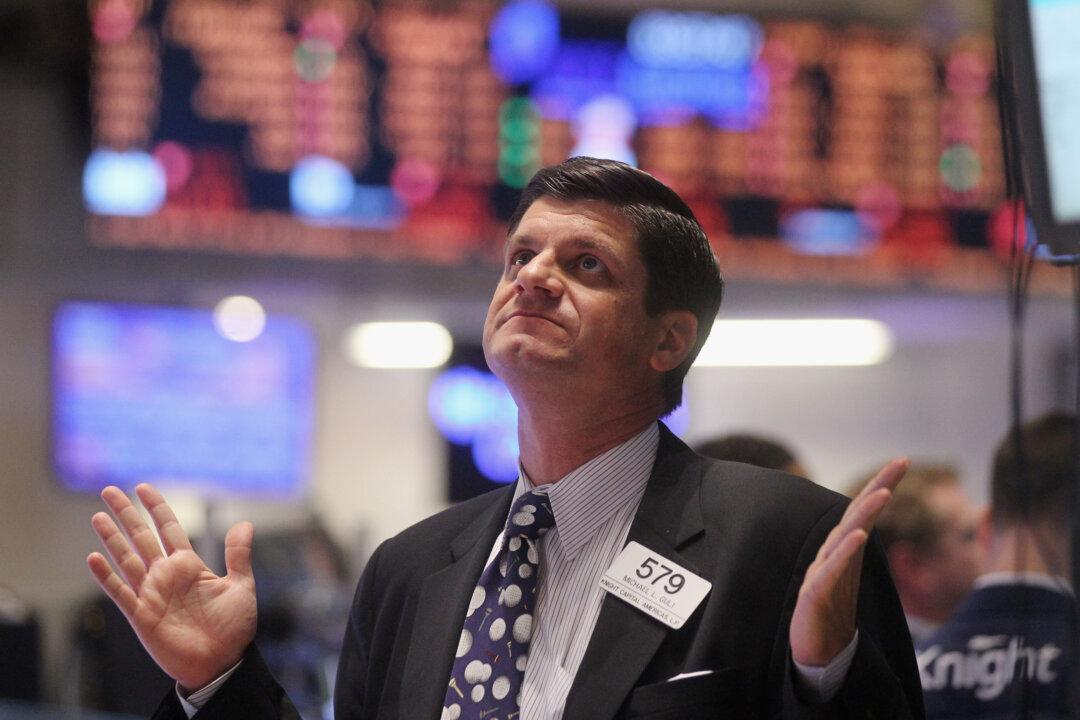The U.S. economy will slip into a recession in the fourth quarter of 2023, and the Federal Reserve will respond with a rate cut in the following quarter, Deutsche Bank said in a new forecast.
The bank updated key economic projections in a research note last week after several developments on multiple fronts.





